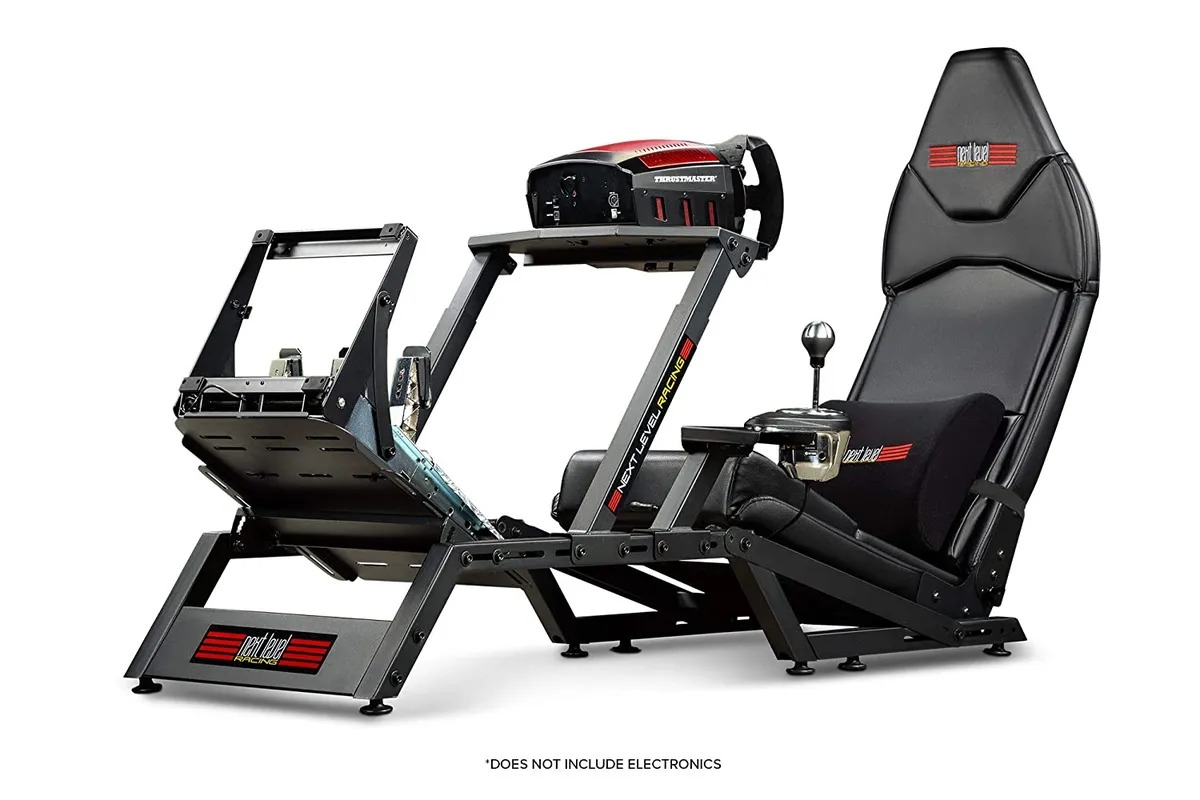Racing Simulator: From Hobby to Professional Training
Racing simulators have become an essential tool for both professional drivers and gaming enthusiasts, offering a highly immersive and realistic driving experience. These simulators replicate the dynamics of real-world racing, allowing users to practice and hone their skills in a controlled environment. The technology behind racing simulators has advanced significantly over the years, incorporating sophisticated hardware and software to create a seamless and engaging experience.
At the heart of a racing simulator is the cockpit, which is designed to mimic the interior of a race car. This includes a racing seat, steering wheel, pedals, and gear shifter, all of which are adjustable to accommodate different body types and driving styles. High-end simulators often feature motion platforms that can tilt and shake to simulate the forces experienced during a race, such as acceleration, braking, and cornering. This adds a layer of realism that enhances the overall experience, making it feel as though the user is actually on the track.
The software used in racing simulators is equally important. Modern simulators utilize advanced physics engines to accurately model the behavior of the car and the track. This includes factors such as tire grip, suspension dynamics, and aerodynamics, which all play a crucial role in how the car handles. The software also includes detailed graphics and sound effects, which help to create a more immersive environment. Many simulators offer a wide range of tracks and cars to choose from, allowing users to experience different types of racing, from Formula 1 to rally driving.
One of the key benefits of racing simulators is their ability to provide a safe and cost-effective way to practice driving skills. For professional drivers, simulators offer a way to train without the risks and expenses associated with real-world racing. They can practice different techniques, learn new tracks, and fine-tune their setups in a controlled environment. This is particularly valuable for young drivers who are just starting their careers, as it allows them to gain experience and build confidence before competing in actual races.
For gaming enthusiasts, racing simulators offer a thrilling and engaging way to experience the world of motorsport. The level of realism and immersion provided by modern simulators is unmatched, making them a popular choice for those who are passionate about racing. Many simulators also offer online multiplayer modes, allowing users to compete against others from around the world. This adds a social element to the experience, making it even more enjoyable.
In conclusion, racing simulators have revolutionized the way people experience and practice motorsport. The combination of advanced hardware and software creates a highly realistic and immersive environment that is beneficial for both professional drivers and gaming enthusiasts. As technology continues to advance, we can expect racing simulators to become even more sophisticated, offering an even greater level of realism and engagement. Whether for training or entertainment, racing simulators are an invaluable tool that brings the thrill of the track into the comfort of one’s home.
Racing Simulator: From Hobby to Professional Training
Racing simulators have become an essential tool for both professional drivers and gaming enthusiasts, offering a highly immersive and realistic driving experience. These simulators replicate the dynamics of real-world racing, allowing users to practice and hone their skills in a controlled environment. The technology behind racing simulators has advanced significantly over the years, incorporating sophisticated hardware and software to create a seamless and engaging experience.
At the heart of a racing simulator is the cockpit, which is designed to mimic the interior of a race car. This includes a racing seat, steering wheel, pedals, and gear shifter, all of which are adjustable to accommodate different body types and driving styles. High-end simulators often feature motion platforms that can tilt and shake to simulate the forces experienced during a race, such as acceleration, braking, and cornering. This adds a layer of realism that enhances the overall experience, making it feel as though the user is actually on the track.
The software used in racing simulators is equally important. Modern simulators utilize advanced physics engines to accurately model the behavior of the car and the track. This includes factors such as tire grip, suspension dynamics, and aerodynamics, which all play a crucial role in how the car handles. The software also includes detailed graphics and sound effects, which help to create a more immersive environment. Many simulators offer a wide range of tracks and cars to choose from, allowing users to experience different types of racing, from Formula 1 to rally driving.
One of the key benefits of racing simulators is their ability to provide a safe and cost-effective way to practice driving skills. For professional drivers, simulators offer a way to train without the risks and expenses associated with real-world racing. They can practice different techniques, learn new tracks, and fine-tune their setups in a controlled environment. This is particularly valuable for young drivers who are just starting their careers, as it allows them to gain experience and build confidence before competing in actual races.
For gaming enthusiasts, racing simulators offer a thrilling and engaging way to experience the world of motorsport. The level of realism and immersion provided by modern simulators is unmatched, making them a popular choice for those who are passionate about racing. Many simulators also offer online multiplayer modes, allowing users to compete against others from around the world. This adds a social element to the experience, making it even more enjoyable.
In conclusion, racing simulators have revolutionized the way people experience and practice motorsport. The combination of advanced hardware and software creates a highly realistic and immersive environment that is beneficial for both professional drivers and gaming enthusiasts. As technology continues to advance, we can expect racing simulators to become even more sophisticated, offering an even greater level of realism and engagement. Whether for training or entertainment, racing simulators are an invaluable tool that brings the thrill of the track into the comfort of one’s home.




